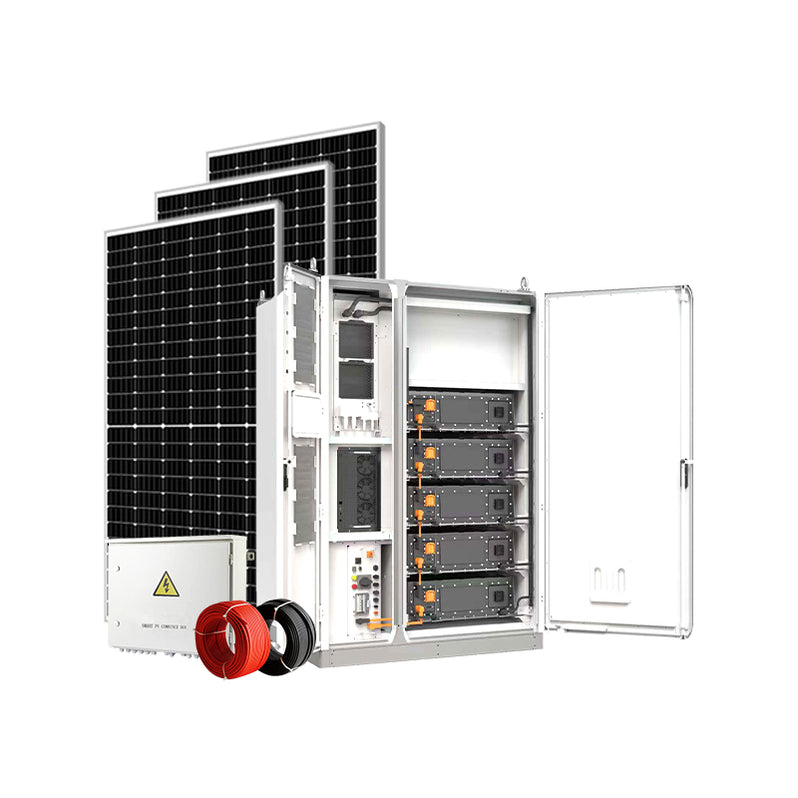Unlock the Secrets to Choosing the Perfect Solar Panel System for Your Home!
In recent years, solar panel systems have become an essential component of modern homes, offering a sustainable and eco-friendly energy alternative. As more individuals and families recognize the importance of renewable energy sources, the interest in solar power continues to grow. However, selecting the right solar panel system requires careful consideration and informed decision-making. With a plethora of options available, it’s crucial to evaluate factors such as brand reputation, pricing, and efficiency. This article aims to guide you through the key elements to consider, ensuring you make a choice that aligns with your energy needs and financial objectives.

Understanding Solar Panel Systems
A solar panel system is a technology that harnesses sunlight and converts it into usable electricity for homes and businesses. The basic components of a solar panel system include solar panels, an inverter, a mounting system, and sometimes a battery storage system. The solar panels collect sunlight and, through photovoltaic cells, convert it into direct current (DC) electricity. This electricity is then transformed into alternating current (AC) by the inverter, making it suitable for use in your home. Understanding how these systems work is vital for anyone considering the switch to solar energy, as it helps to demystify the technology and its applications, ultimately leading to more informed purchasing decisions.
Factors to Consider When Choosing a Solar Panel System
When evaluating different solar panel systems, several key factors should be at the forefront of your decision-making process. Efficiency is one of the most critical aspects, as it determines how effectively a solar panel can convert sunlight into electricity. Higher efficiency panels can generate more power in smaller spaces, which is particularly beneficial for homes with limited roof area. Additionally, durability is essential; you want a system that can withstand various weather conditions over time. Warranty offerings are another crucial factor, as they provide assurance of the product's longevity and the manufacturer's confidence in their technology. Lastly, consider customer service and support, as this can significantly impact your experience and satisfaction with the solar panel system long after installation. Personal experiences from friends who’ve installed solar panels often emphasize the importance of responsive customer service throughout the process.
Comparing Different Solar Panel System Brands
As you delve into the market, you will discover a range of solar panel systems, each with unique performance metrics, technological advancements, and user feedback. It’s important to consider factors such as the type of solar technology being used, including monocrystalline, polycrystalline, or thin-film panels, as each has its advantages and limitations. Performance ratings, such as temperature coefficient and degradation rates, also play a significant role in determining how well a system will perform over time. User reviews can offer valuable insights; however, ensure that you look for comprehensive feedback rather than isolated experiences. Factors like energy output, efficiency under various weather conditions, and overall satisfaction levels can significantly influence consumer choice. Conversations with friends who have made the switch often reveal their emphasis on real-world performance and the importance of thorough research before settling on a system.
Price Considerations for Solar Panel Systems
The pricing landscape for solar panel systems can be quite complex, encompassing various elements that affect overall costs. Factors such as installation, maintenance, and financing options should all be taken into account. Installation costs can vary significantly based on your location, roof type, and the complexity of the installation process. Additionally, understanding the long-term maintenance costs associated with your system is essential for calculating the total financial commitment. When budgeting, it’s wise to obtain multiple quotes from different providers to ensure you receive the best value for your investment. Furthermore, it’s crucial to differentiate between initial costs and total costs over the system's lifespan, as the latter will give you a clearer picture of your financial commitment. Friends who have gone solar often advise prospective buyers to approach the financial aspect with a long-term mindset, factoring in potential savings on energy bills and available local incentives.
Making the Final Decision
Before making a final decision on a solar panel system, it’s essential to compile a checklist of considerations. Begin by assessing your specific energy needs and usage patterns, as this will guide you in selecting the right system size and capacity. Next, evaluate your budget, keeping in mind both initial costs and long-term savings. Investigate local incentives or rebates that might be available to further offset costs. Additionally, consider the warranties and customer service reputation of the providers you’re evaluating. Taking the time to thoroughly research and compare your options will not only empower you to make an informed decision but will also enhance your confidence in your choice. Remember, personal anecdotes can provide valuable insights, so don’t hesitate to reach out to friends who have already made this transition.
Summarizing Key Considerations for Solar Panel Systems
In summary, selecting the perfect solar panel system for your home requires careful consideration of various factors, including efficiency, durability, and pricing. By conducting thorough research and evaluating your specific needs and circumstances, you can make an informed decision that aligns with your energy goals. The journey to adopting solar energy can be a rewarding one, offering not just financial savings but also a positive environmental impact. As you take the next steps toward embracing solar power, remember to leverage the insights shared here and engage with your community for additional support and advice. Your transition to solar energy is not just a purchase; it's an investment in a sustainable future.








